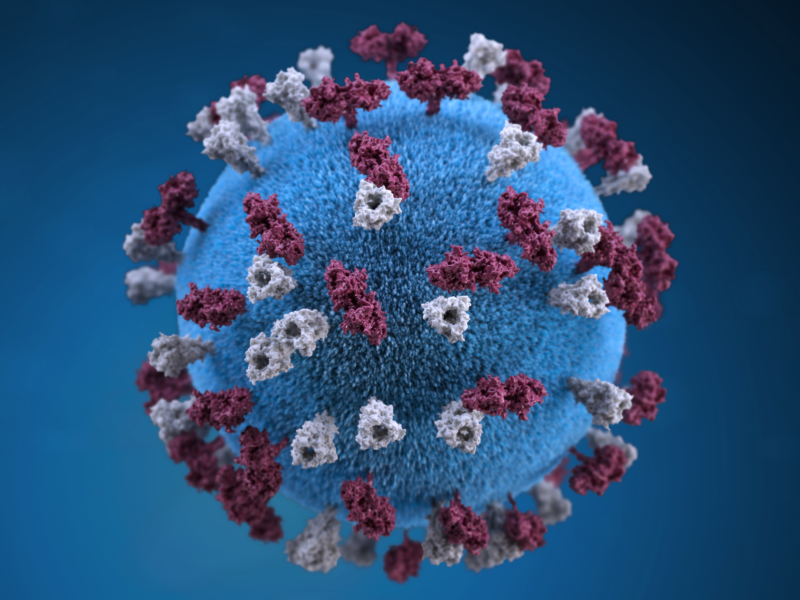With the current buzz these past few weeks about the government shutdown, some have wondered what impact mandated furloughs at the Centers for Disease Control and Prevention (CDC) would have on public health. According to a recent article from the Los Angeles Times, the lack of monitoring for foodborne illness from the health agency may have had an impact in the response to recent salmonella outbreaks at Foster Farms.
On Monday, October 7, the United States Department of Agriculture issued a public health alert urging consumers to cook chicken thoroughly as over 200 people became ill with strains of Salmonella Heidelberg linked to Foster Farms facilities in California. Although the majority of cases were reported in California, chicken distributed to retailers in Oregon and Washington State may have been affected by the Salmonella strain as well. Currently, the outbreak has reached people from at least 18 different states. Foster Farms has yet to announce a recall of their products and their website continues to ensure consumers that company owned facilities have always met and exceeded USDA standards.
Salmonellosis is an infection caused by the bacteria Salmonella which can be found in chicken, live poultry, and some small reptiles. Most individuals infected with Salmonella will develop symptoms such as diarrhea, fever, and abdominal cramps within 12 to 72 hours after infection occurs. Symptoms usually lasts 4 to 7 days and can be resolved without medical treatment, however cases resulting in severe diarrhea and cramps require hospitalization as the infection may have spread from the intestines into the blood stream and other body sites. According to the CDC, a small number of individuals infected with Salmonella develop painful joints, eye irritation and pain while urinating. These symptoms, known as reactive arthritis, can last for month or years and can lead to chronic arthritis. Severe cases of Salmonella infection can be treated with antibiotic therapy and intravenous rehydration fluids.
Salmonella inhabit the intestinal tracks of humans and other animals and is often contracted though the consumption of beef, poultry, eggs, milk, or vegetables that have been contaminated by animal feces. The bacteria can also be spread through turtles, lizards, and snakes. In order to prevent bacterial infection, people handling potentially hazardous foods or reptiles and poultry should always wash their hands. More information on Salmonella and health recommendations can be found on the CDC website.

